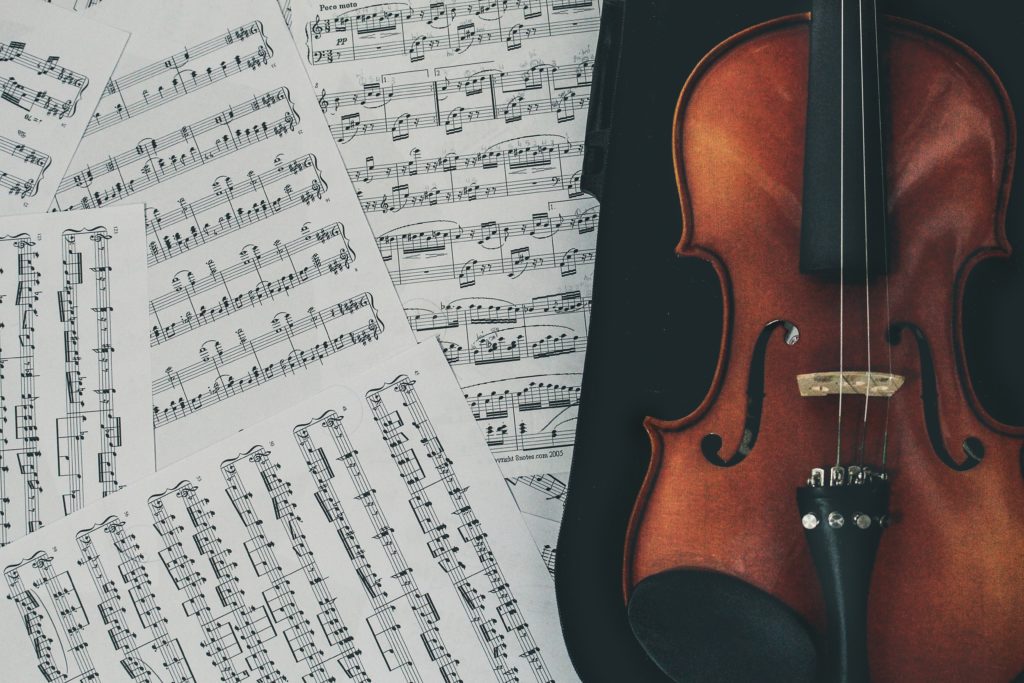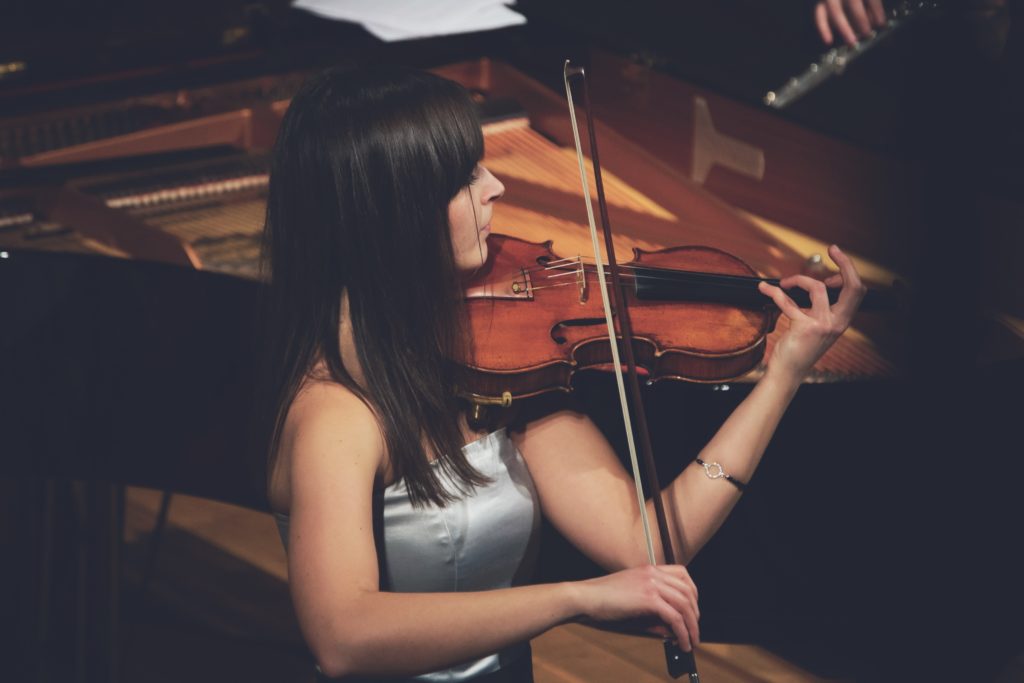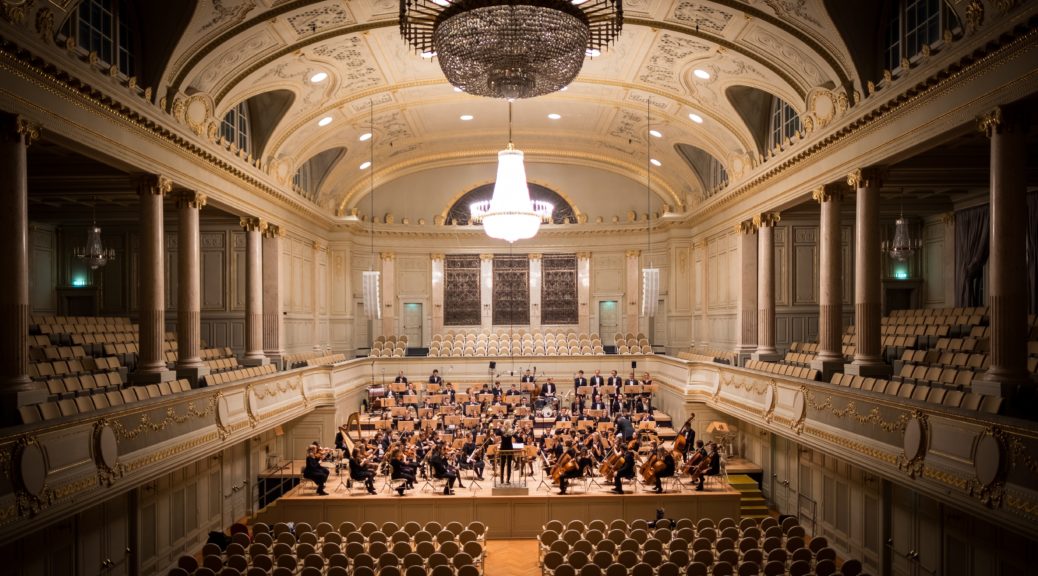By Nikhita Datar
Edited by Natalie Grace Sipula
I’ve been surrounded by music for as long as I can remember. Whether it was in dance classes, family gatherings, or elementary school choral concerts, something about the infinite number of possibilities of different instruments and sounds that create music has always captivated me. By combining different fundamental frequencies and pitches from the music scale, you can create wildly different pieces of music, and I think that is amazing.

I began playing the violin at a really young age. I initially resented the idea of consistently practicing and standing still with good posture. Above all else, I was frustrated that I was unable to sound like Itzhak Perlman (a famous violinist) no matter how hard I tried. As I got older, I began playing in different orchestras and chamber groups, and the opportunity for me to engage with music in different formats and genres really helped me develop my love and passion for it. I was able to play some of the most iconic pieces of classical music from composers that I admire the most, and I was also able to build some of the most meaningful relationships of my life. During the school year, I would play in my school’s orchestra, play in chamber groups, take private lessons, and prepare for all kinds of concerts year-round. In the summers, I would attend different music programs such as Blue Lake Fine Arts or Interlochen Music Academy. What was originally an overwhelming task became a great passion of mine.
I think that I’ve always known since I picked up the violin for the first time that I wasn’t fully going to pursue a career in music. As much as I love classical music and the art of playing the violin, I knew that the pathway of being a violinist wasn’t the right fit for me. Even so, the notion of throwing away years of private lesson tuition and hard work wasn’t appealing to me. I knew I wanted to keep playing music for the rest of my life, even if this special hobby wasn’t necessarily monetarily profitable. I emphasize the notion of monetary benefits because playing an instrument does indeed have a number of other benefits. It can increase your cognitive abilities and decrease loss of memory. As you play music, there are a million things happening in your brain at once. You’re simultaneously checking your pitch and making sure to land on the right notes in the moment while also reading the key signature and time signature to play in the right key. You always have to read a few notes ahead to prepare yourself for upcoming wonky rhythms and accidentals (a note of a pitch that is not a member of the scale or mode dictated by the key signature, indicated by notation such as the sharp (♯), flat (♭), and natural (♮) symbols).

I don’t know if I would necessarily say that playing an instrument has made me smarter, but it certainly has improved my ability to think critically, and think fast. It’s also given me access to a greater community of people who share similar interests and have taught me a lot about the world we live in. Simply listening to classical music, rather than playing, can have so many benefits for your brain as well. I would highly recommend listening to or learning to play classical music to improve your cognitive function. And who knows, you might start to really like it!
Continue reading Give Tchaikovsky a Try
